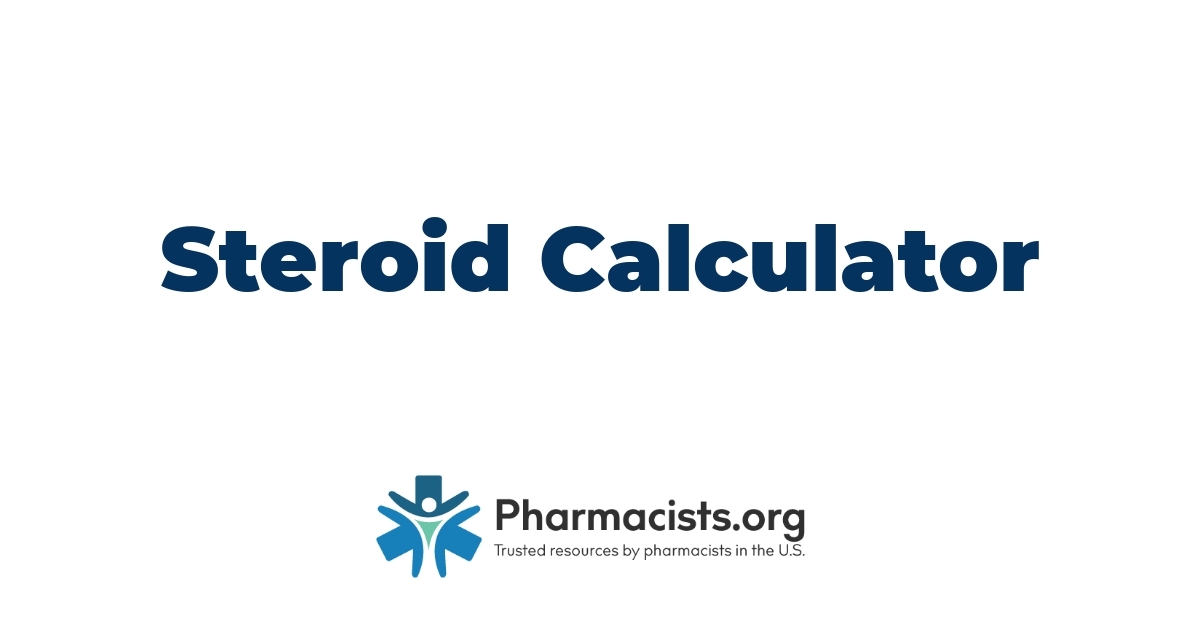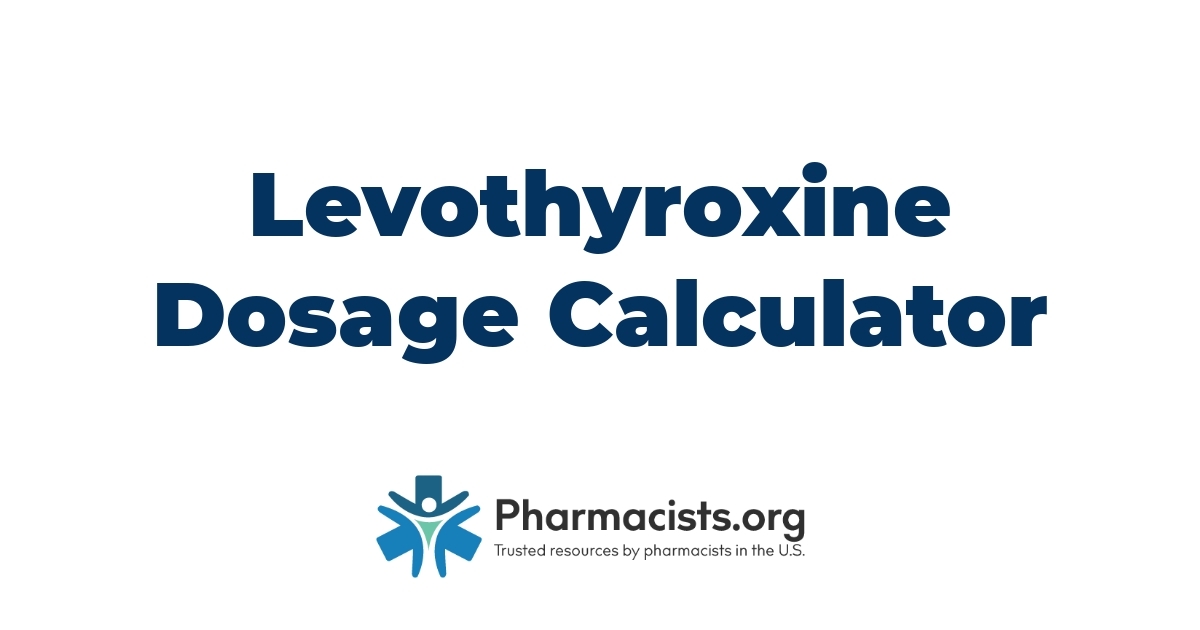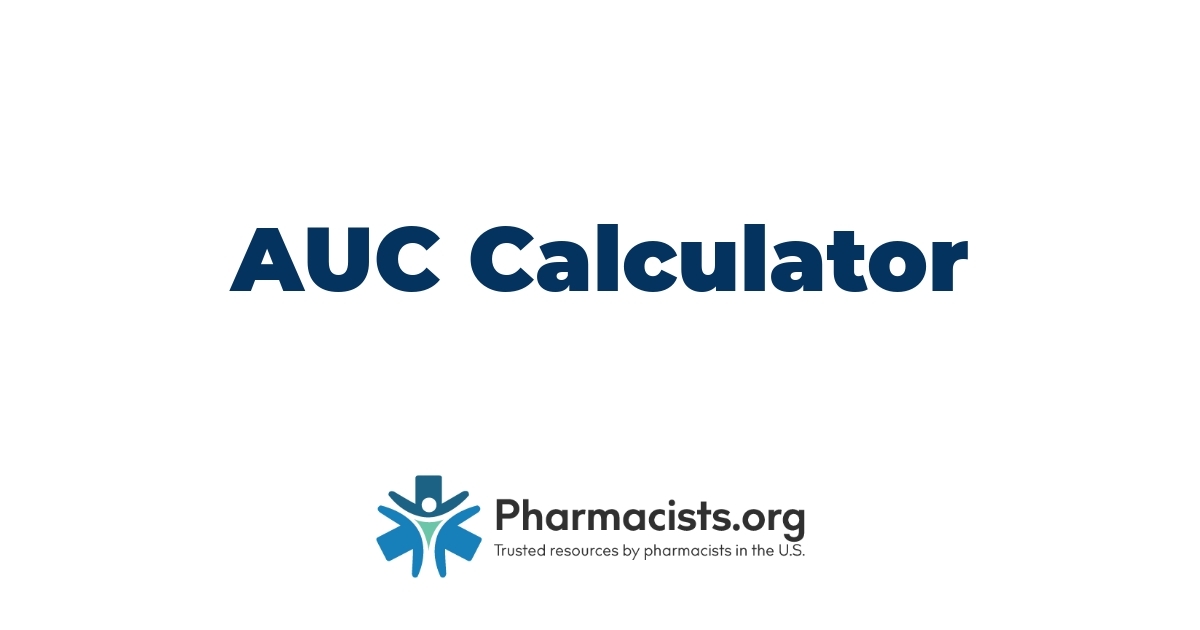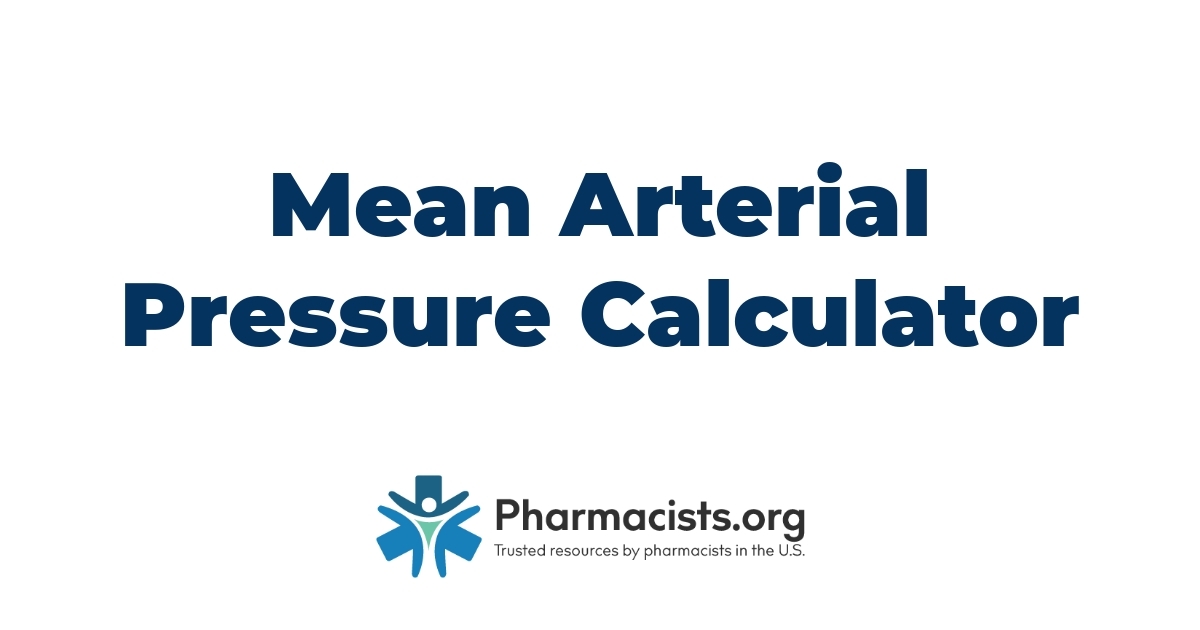Understanding Warfarin and Its Therapeutic Use
The Importance of Correct Dosing in Anticoagulant Therapy
Navigating the intricacies of anticoagulant therapy, specifically with warfarin, requires an unwavering commitment to accuracy and individualized care. The crux of successful warfarin therapy lies in achieving the perfect balance. Too little a dose and the risk of thrombosis escalates; too much and the patient faces increased bleeding risks. This delicate equilibrium underscores the significance of correct dosing.
Our focus on precision stems from the understanding that warfarin’s narrow therapeutic index leaves minimal room for error. Each patient responds differently to warfarin, influenced by an array of genetic, dietary, and lifestyle factors. So, standard dosages seldom apply universally, prompting the need for tailored treatment plans. In our practice, ensuring patient safety while maximizing therapeutic benefits pivots on this principle of customization. It’s a responsibility we embrace, knowing that the right dose is instrumental in preventing potentially life-threatening complications.
Factors Influencing Warfarin Dose Requirements
Delving into the factors that dictate warfarin dose requirements enhances our proficiency in managing anticoagulant therapy. Notably, genetic makeup emerges as a prominent factor. Variations in the CYP2C9 and VKORC1 genes affect warfarin metabolism and sensitivity, respectively, necessitating dose adjustments. Recognizing the significance of genetics, we incorporate this knowledge into our initial dose estimations and ongoing management strategies.
Dietary habits, particularly vitamin K intake, wield considerable influence on warfarin effectiveness. Given vitamin K’s pivotal role in clot formation, fluctuations in its consumption can destabilize INR levels. Our guidance to patients often revolves around maintaining consistent dietary patterns to mitigate these effects.
Also, age, weight, and the presence of concurrent medications or medical conditions also shape warfarin dosing requirements. Elderly patients, for instance, may exhibit increased sensitivity to warfarin, calling for cautious dosing. Similarly, interactions between warfarin and other medications, including antibiotics and antifungals, demand vigilant monitoring to prevent adverse effects.
Introduction to Warfarin Dose Adjustment Calculators
Advantages of Using a Calculator for Warfarin Dosing
The utilization of warfarin dose adjustment calculators offers several significant advantages. Firstly, these calculators afford a tailored approach to dosing, incorporating a wide array of patient-specific factors such as genetics, diet, age, weight, and concurrent medications. By accounting for these variables, the calculators can provide dosing recommendations that are much more personalized than those derived from standard dosing protocols.
Secondly, calculators streamline the process of adjusting dosages based on patient response to treatment. Regular monitoring of the International Normalized Ratio (INR) is standard practice in warfarin therapy, and calculators can quickly interpret INR results to suggest dosage adjustments. This rapid response capability enhances patient safety by reducing the risk of adverse events related to under or overdosing.
Besides, the use of these calculators contributes to a more efficient workflow for healthcare professionals. By automating the complex calculations required to adjust warfarin doses, healthcare providers can allocate more time to patient counseling and other critical aspects of care.
Popular Warfarin Dose Adjustment Calculators in Modern Medicine
In today’s medical landscape, several warfarin dose adjustment calculators have gained prominence for their reliability and ease of use. Among the most widely used are the Warfarin Dosing Calculator by the American College of Chest Physicians (ACCP) and the algorithm provided by the WarfarinDosing.org website. Each offers a unique set of features tailored to the needs of healthcare professionals.
The ACCP’s Warfarin Dosing Calculator, for example, is known for its comprehensive approach, taking into consideration various patient factors including target INR, indication for warfarin therapy, and potential interactions with other medications. This calculator is especially favored for its clinical decision support capabilities, helping clinicians navigate the complexities of anticoagulant therapy with greater confidence.
WarfarinDosing.org, on the other hand, is celebrated for its user-friendly interface and the inclusion of genetic data in dosing algorithms. This aspect is particularly valuable for personalizing therapy in patients known to have genetic variations affecting warfarin metabolism and sensitivity.
How Warfarin Dose Adjustment Calculators Work
Inputting Patient-Specific Data
The first step in leveraging a warfarin dose adjustment calculator involves the meticulous entry of patient-specific data. This stage is crucial, as the accuracy of the dosage recommendations hinges on the detail and precision of the information provided. The data required typically encompasses a broad spectrum of patient characteristics and clinical markers, including, but not limited to, age, weight, target INR (International Normalized Ratio), current INR readings, and warfarin dosage history.
Also, to enhance the personalization of the dosage, these calculators often request additional details such as genetic markers, dietary habits, and concurrent medications, all of which can significantly impact warfarin metabolism and its anticoagulant effects. By inputting this comprehensive data, pharmacy professionals can ensure that the dosing recommendations generated by the calculator are as tailored and appropriate for the individual patient as possible.
The Algorithm Behind the Calculations
At the heart of every warfarin dose adjustment calculator lies a sophisticated algorithm designed to process the inputted patient data and output a personalized dosage recommendation. These algorithms are the product of extensive clinical research and are regularly updated to incorporate the latest evidence-based guidelines and patient care standards.
The algorithm operates by cross-referencing the patient’s information against a vast database of clinical outcomes associated with various dosages of warfarin. By analyzing patterns in how similar patients have responded to different doses, the algorithm can predict the most effective dosage to achieve the desired INR level, while minimizing the risk of adverse effects.
An essential feature of these algorithms is their ability to accommodate a wide range of variables, thereby acknowledging the complexity of warfarin therapy and the multifaceted factors that influence its effectiveness. This adaptability ensures that the dosing recommendations are not only precise but also practical, taking into account the unique circumstances and needs of each patient.
The Role of Genetics in Warfarin Dose Adjustment
As we investigate into the complexities of warfarin therapy management, we underscore the paramount importance of precise dosage determinations, which are crucial for balancing the prevention of clot formation against the risk of excessive bleeding. Our exploration now turns to the pivotal role of genetics in the adjustment of warfarin doses, shedding light on the integral link between an individual’s genetic makeup and their response to this medication.
Recognizing the genetic factors that influence warfarin dosing not only enhances our understanding of this therapy but also underpins the development and utilization of advanced tools like the warfarin dose adjustment calculator.
VKORC1 and CYP2C9 Genes and Their Impact on Warfarin Dosing
In the realm of personalized warfarin management, two genetic markers stand out for their significant impact on dosing requirements: VKORC1 and CYP2C9. The VKORC1 gene, encoding the Vitamin K epOxide Reductase Complex 1, plays a frontline role in determining warfarin sensitivity. Variants of this gene can drastically affect the amount of warfarin necessary to achieve the desired anticoagulant effect. Similarly, the CYP2C9 gene, involved in the metabolism of warfarin, dictates how quickly the drug is processed and cleared from the body. Variations in the CYP2C9 gene can lead to slower metabolism rates, necessitating lower doses of warfarin to avoid adverse effects.
By acknowledging these genetic influences, healthcare providers can embark on a more informed dosing strategy. Patients with heightened sensitivity to warfarin, indicated by specific VKORC1 and CYP2C9 genetic variants, demand careful consideration to establish a dosing regimen that effectively mitigates clotting risks without tipping the scales toward excessive bleeding.
Incorporating Genetic Testing Results into the Calculator
Integrating genetic testing results into the warfarin dose adjustment calculator represents a leap forward in personalized medicine. This digital tool synthesizes a wealth of patient-specific data, including these critical genetic markers, to recommend dosages that align closely with an individual’s unique physiological makeup. The algorithm powering the calculator takes into account the presence of VKORC1 and CYP2C9 variants, alongside other patient parameters like age, weight, and concurrent medications, to tailor dosing recommendations.
Challenges and Considerations in Warfarin Dosing
Limitations of Warfarin Dose Adjustment Calculators
Even though their innovative design and utility, warfarin dose adjustment calculators are not without their limitations. First and foremost, these calculators offer recommendations based on a finite set of variables. Factors such as genetic markers, age, weight, diet, and concurrent medications are typically considered. But, subtle nuances in a patient’s health status or lifestyle changes can alter warfarin sensitivity, adjustments for which may not be fully encapsulated by an algorithm.
Besides, discrepancies in genetic markers, specifically the VKORC1 and CYP2C9 variants, have a profound effect on warfarin metabolism and patient response. Although calculators integrate these genetic factors to personalize dosing further, the scope of genetic variations accounted for remains limited. New research continues to uncover additional genetic factors influencing warfarin response, suggesting that calculators must evolve continuously to incorporate these discoveries.
The Importance of Clinical Judgment and Monitoring
The art of warfarin management lies in the harmonious integration of technology with the irreplaceable expertise of healthcare practitioners. Clinical judgment, honed through years of experience, cannot be understated. It plays a crucial role in interpreting calculator suggestions, considering the broader clinical context, and making final dosing decisions. For instance, patients with a history of fluctuating INR levels or those with complex medical histories may require a tailored approach that deviates from calculator recommendations.
Ongoing patient monitoring forms the cornerstone of effective warfarin therapy. Regular INR testing, coupled with attentive reviews of patient feedback about dietary habits, lifestyle changes, or other medications, allows for timely and precise dose adjustments. This proactive approach mitigates the risk of adverse events and ensures that treatment objectives are met.
I am a pharmacist, community pharmacy consultant, and medical writer with over 12 years of clinical practice experience in community, outpatient health system, long term care, and academic settings. I am also the founder of PharmCompliance.com, a website dedicated to the success of community pharmacy.
As a pharmacy project manager, I led the implementation of new service lines, assist with ensuring legal and third-party compliance for over 70 retail stores, lead quality improvement and medication safety initiatives, write policies, procedures, and best practices for all our retail sites, and help with optimizing revenue cycle and pharmacy profitability. I have been responsible for DMEPOS and vaccine accreditation through CMS, obtaining new licenses and permits, and implementing a prescription drug kiosk embedded in our physician offices.
As a medical writer, my work has been featured in GoodRx, Pharmacy Times, Drug Topics, Patient Care Online, and in peer-reviewed journals. I have also given presentations on a range of topics, from disease state pharmacotherapy for medical residents to updates on the CDC vaccine storage and handling guidelines for a medical-grade refrigerator and freezer manufacturer. I have written and presented continuing education for CEImpact, FreeCE, AchieveCE, Ascension Health, and the Florida Department of Health.
Owner, entrepreneur, and health enthusiast.
Chris is one of the Co-Founders of USA Rx.com. An entrepreneur at heart, Chris has been building and writing in consumer health for over 10 years.
Chris has a CFA (Chartered Financial Analyst) designation and is a proud member of the American Medical Writer’s Association (AMWA), the International Society for Medical Publication Professionals (ISMPP), the National Association of Science Writers (NASW), the Council of Science Editors, the Author’s Guild, and the Editorial Freelance Association (EFA).
Our growing team of healthcare experts work everyday to create accurate and informative health content in addition to the keeping you up to date on the latest news and research.

































